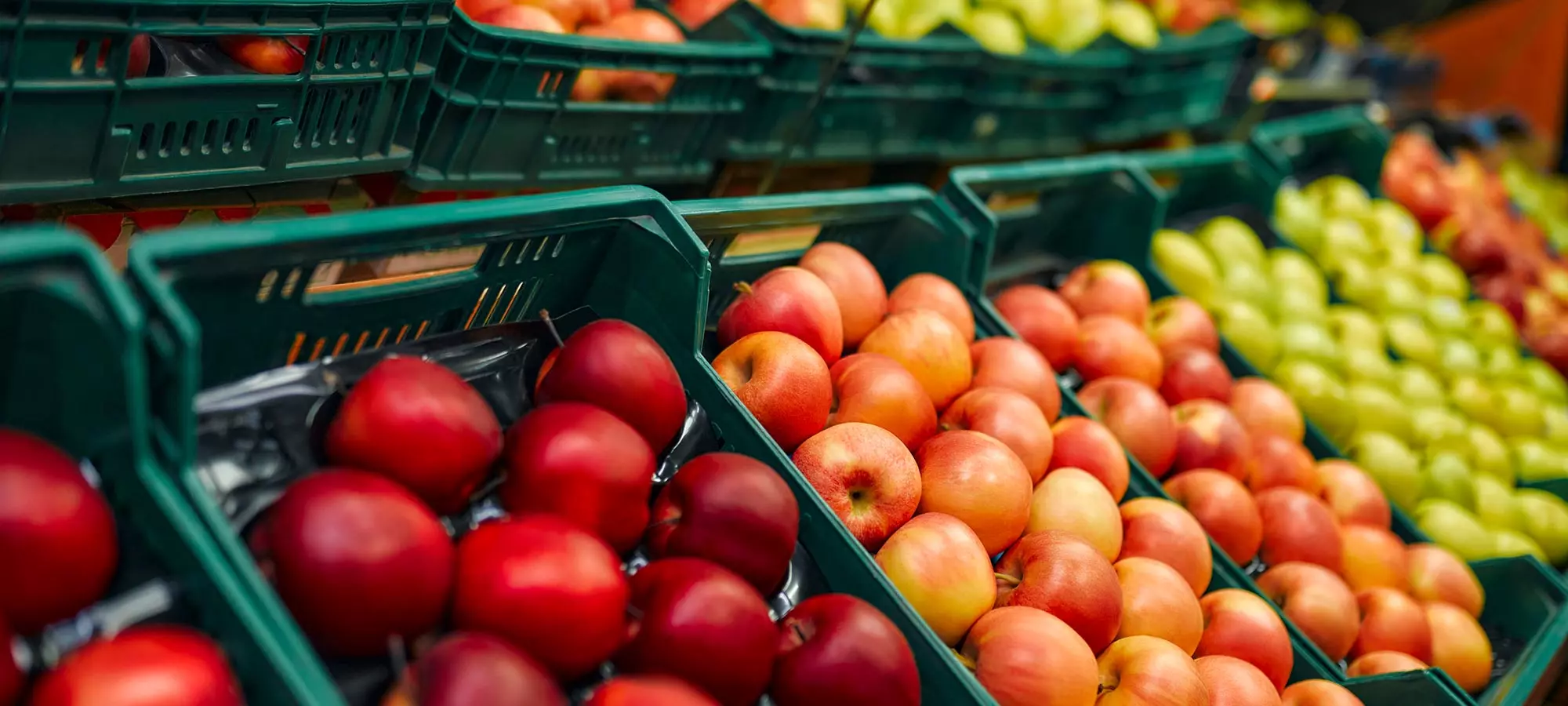Wednesday, 7th June 2023 15:35

As the UK's relationship with the European Union (EU) continues to evolve following Brexit, the food sector has experienced significant changes and challenges. For those in the commercial food production industry in the UK there have been various impacts from trade disruptions to regulatory shifts, price fluctuations to new opportunities and challenges. Whilst it’s still fairly early days and various amendments, new policies and other changes may still be introduced, the following impacts have affected the industry to date.
Trade Disruptions and Supply Chain Challenges
Brexit has led to disruptions in the food supply chain, affecting the timely delivery of goods and increasing operational complexities. The introduction of customs checks, new documentation requirements, and changes in import/export processes have resulted in delays and increased costs. Businesses have had to navigate these challenges by adjusting their logistics, seeking alternative suppliers, and adopting technology-driven solutions to streamline operations.
Tariffs and Pricing Pressures
The implementation of new trade rules has introduced tariffs and pricing uncertainties for food businesses. Changes in trade agreements and the absence of free movement of goods have impacted pricing structures. Import tariffs have led to increased costs for certain products, potentially affecting consumer choices and profitability for businesses. Companies are reassessing their pricing strategies, seeking cost-saving measures, and exploring local sourcing options to mitigate these challenges.
Regulatory Changes and Compliance
Brexit has brought about regulatory shifts, with the UK establishing its own food safety and labelling standards. Food businesses have had to navigate new regulations, certifications, and compliance requirements. Ensuring product compliance and adjusting labelling and packaging to meet UK-specific standards have become essential. Companies have invested in regulatory expertise, conducted thorough audits, and implemented robust quality control measures to maintain compliance and consumer trust. Labor and Workforce Concerns The food industry heavily relies on a diverse workforce, including EU nationals. Post-Brexit, there have been concerns regarding labor shortages and access to skilled workers. Changes in immigration policies and restrictions on the free movement of people have affected recruitment and retention. Companies have adapted by implementing training programs, attracting local talent, and optimising workforce planning strategies to address labor challenges.
Opportunities for Domestic Food Production and Sustainability
Brexit has encouraged a focus on domestic production and self-sufficiency within the UK food sector. Businesses are exploring opportunities to strengthen local supply chains, support local farmers, and reduce dependence on imports. This renewed emphasis on sustainability and resilience presents an opportunity for the growth of British agriculture, innovation in food production, and the development of environmentally friendly practices.
Consumer Sentiment and Market Shifts
Consumer sentiment and behaviour have also been impacted by Brexit. Changing trade dynamics, product availability, and pricing uncertainties have influenced consumer choices. Businesses are adapting by conducting market research, understanding shifting consumer preferences, and developing agile marketing strategies to cater to evolving needs.
Flexible, efficient food production solutions
The pressures brought to bear by Brexit and the Covid-19 pandemic have meant that food production and preparation has become, more so than ever, a question of optimising cost, time and quality efficiency to reduce the stress on the full production chain. Part of this equation is implementing food preparation facilities that meet these criteria, helping kitchens produce high-quality food at the right scale for the requirement, whilst not compromising on quality. At Frampton Worldwide, our range of commercial ovens, grills, flash roasters and other cooking equipment helps food manufacturers optimise their output, keep quality and standards high and manage costs in a cost-conscious climate.
Call Frampton today to find out how we can help make your food production line more efficient. Contact our team on 01354 650569 or email sales@framptonworldwide.com.